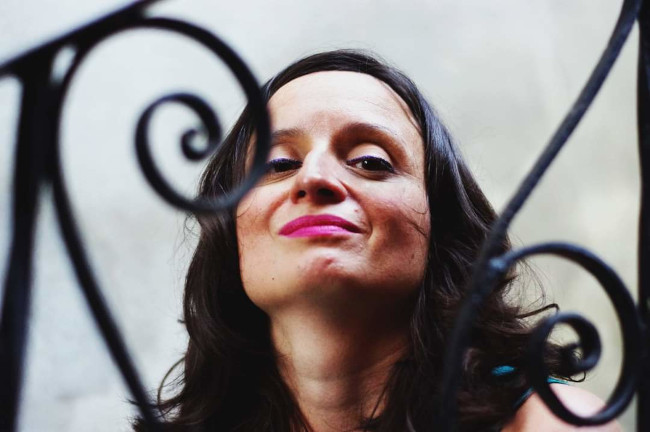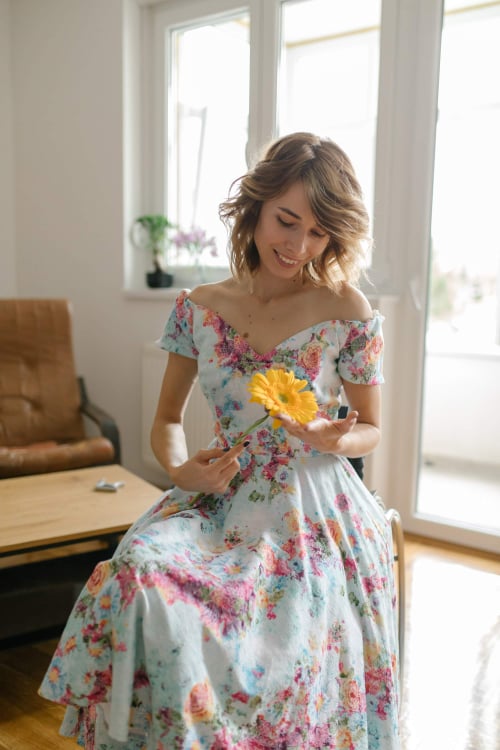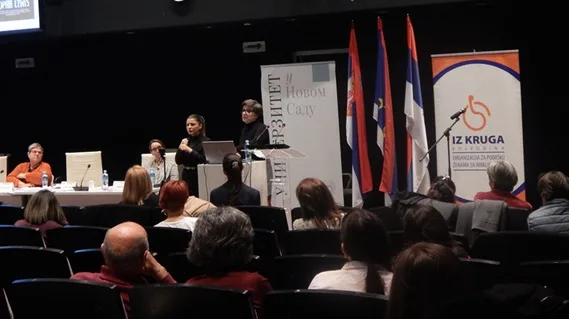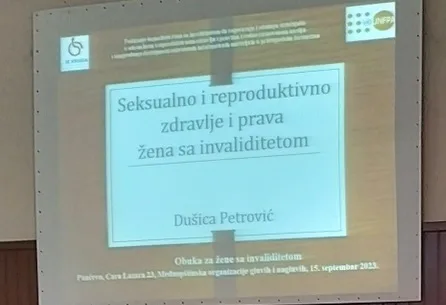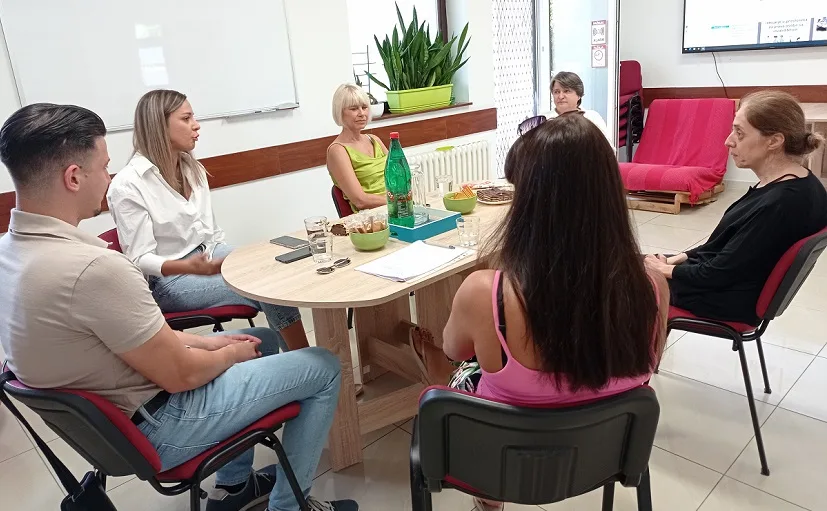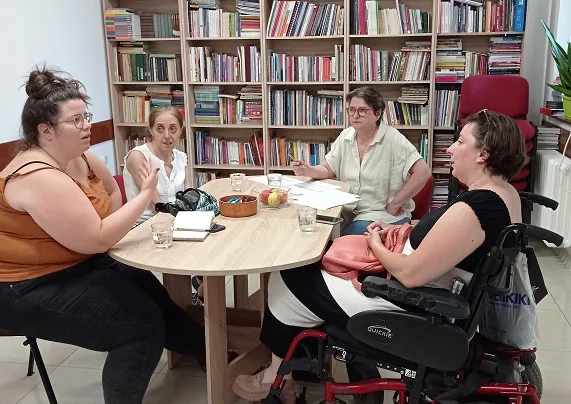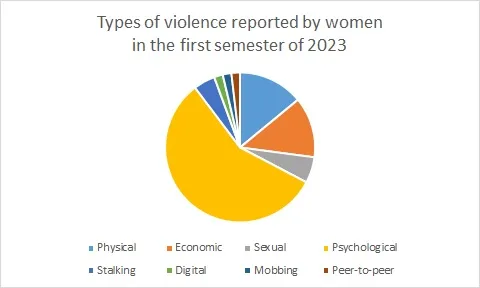How do women with disabilities perceive March 8? Why is it or isn’t significant? How much are women with disabilities present, and how much are their contributions genuinely visible within the women’s rights movement? With their authentic insight and answers, we heard from women with disabilities from different parts of Serbia and the world. Their voices pay tribute to our predecessors and foremothers, honor their accomplishments and find a stronghold in their strength, pointing at the continuity of commitment to the right to exist and dignified life by personal choices. They remind of the historical meaning of the Eighth of March in polyphony and are not subjected to its romantic banalization. In an ideal picture, March 8 unites and values the whole spectrum of different women’s experiences; it is a day when we all speak the same language, hear the ones speaking in a low voice, don’t talk using words, or seek safety in silence. According to the experience of women with disabilities, we haven’t reached such March 8 yet.
March 8, what is it?
In many countries, this holiday has lost its ideological foundation and become an opportunity for men to show their love and respect to members of the opposite sex. We like to think that the situation is much different than it used to be. Although the position of women is better than it used to be, there is room for an upgrade and improvement. Values that suggest that everything in life comes down to physical beauty, empty appearance, and suitability to stronger sex are promoted from an early age. Women are still discriminated against, paid less, and less represented in all important processes. Discrimination against women with disabilities is particularly pronounced, and their equal participation in society is severely hampered, as this group is discriminated against by other women too, not just society and the stronger sex. March 8 is an opportunity for contemplation about things they could do to improve their position in society. Celebrate your differentness as your strong suit because if we are all the same then we don’t grow and it is not interesting.
We Need an Earnest Revolution
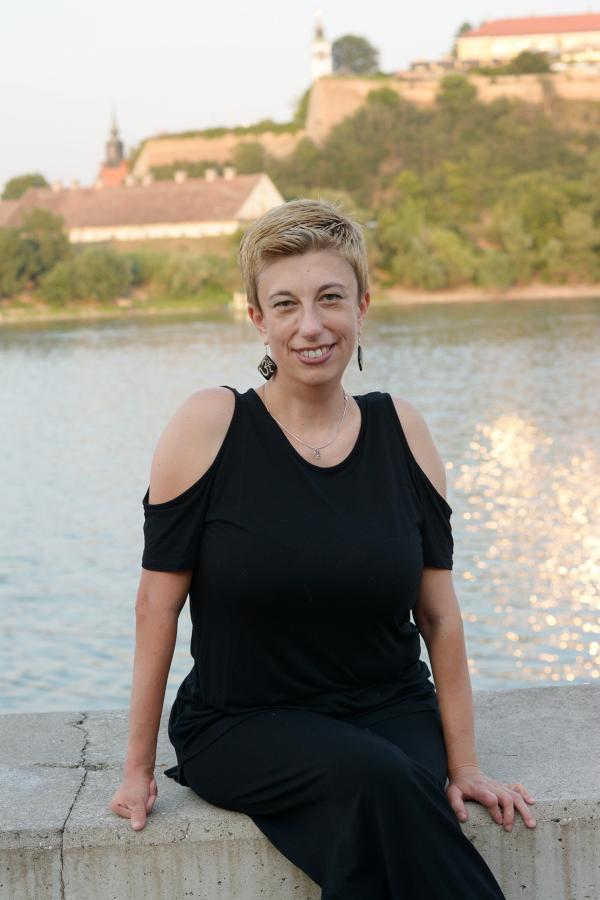
March 8 is a reminder that, unfortunately, women’s human rights are not implied (like men’s) and that a revolution was needed to start thinking of a woman in the slightest as a human being. Since it happens that our colleagues from the movement (without disabilities) do not enable us to be present (in terms of organizing events that include the possibility of participation for all women with disabilities), I am under the impression that we, activists with disabilities, must constantly tell the same story about accessibility, at a time when we should have moved much further away from that general topic. To put it simply, the experiences of women with disabilities are not sufficiently respected or are short-breathed. If feminists organize an event, for example, the story of women with disabilities is a bit of a segment. I spoke about women with disabilities at a conference; there was a discussion, comments, and suggestions about the talks after it. They were about women in tourism and prostitution, but not a word about women with disabilities! I find it a bit devastating – it appeared nobody was interested in it or the stereotypes – I don’t want to think about it, it is too horrible, a tragedy – prevailed. I have a feeling that we are fighting parallel battles and that we, activists with disabilities, are double burdened with the oppression – because we are women and women with disabilities.
We Want both: Revolution and Flowers
Since I was born and raised in the nineties, I must admit that primarily this holiday was in honor of our mothers, grandmothers, schoolteachers, buying flowers, and school plays. That tradition marked my childhood and nearly made the significance of the Eighth of March meaningless. Fortunately, I loved history, so I was able to find the appropriate answers and understand what this day really is and why and what did they fight for, textile workers in New York in the late 19th century, Clara Zetkin later, and all the other women fighters who contributed to the formal establishment of Women’s Day, fighting for our rights – better labor rights, the right to vote and the inclusion of women in public life. When it comes to women with disabilities, their presence and contribution are certainly more visible than before; that is something we should continue to work on and draw attention to because these women have brought some new battles and some new goals that we need to achieve, not just for all of us but for the young women yet to come. In a society where all women are still fighting for equality, women with disabilities are elevating the fight to the next level. We want both: revolution and flowers, and also a world where diversity is beautiful and excepted.
Stand Together, not against each Other.

I do believe that International Women’s Day should be celebrated globally – every woman in our society deserves to be recognized for their contributions. Disabled women, women of color; these groups need to be included too. Sometimes it’s easy to overlook the minority groups because the world has been conditioned to disregard them. But they are not any less significant, and their achievements should certainly be celebrated, along with the rest. Some people are quiet achievers and like to keep a low profile – this doesn’t mean we shouldn’t publically congratulate them. This day exists to honor the women who have given in the past and those who are doing so today. It exists so that the historically embedded idea of male domination is put to rest. Because we women are equals to our male counterparts, despite what some countries may believe. It is incredibly hard for some women’s voices to be heard due to their inability to express themselves in a manner appropriate to their culture. The challenge for disabled women, in particular, is doubled – we are seen as inferior, even by fellow women who are nondisabled. Women should stand together, not against one another. In the disabled community, there are a lot of women who have silently given their time, their knowledge, their energy, to contribute towards some aspect of life on Earth, and have been unnoticed. I would like to see more disabled women being recognized publicly on International Women’s Day so that awareness can be spread and the general nondisabled population can realize that there is more to us than meets the eye; that we too are capable of doing great things.
The Strength to Fight for myself.
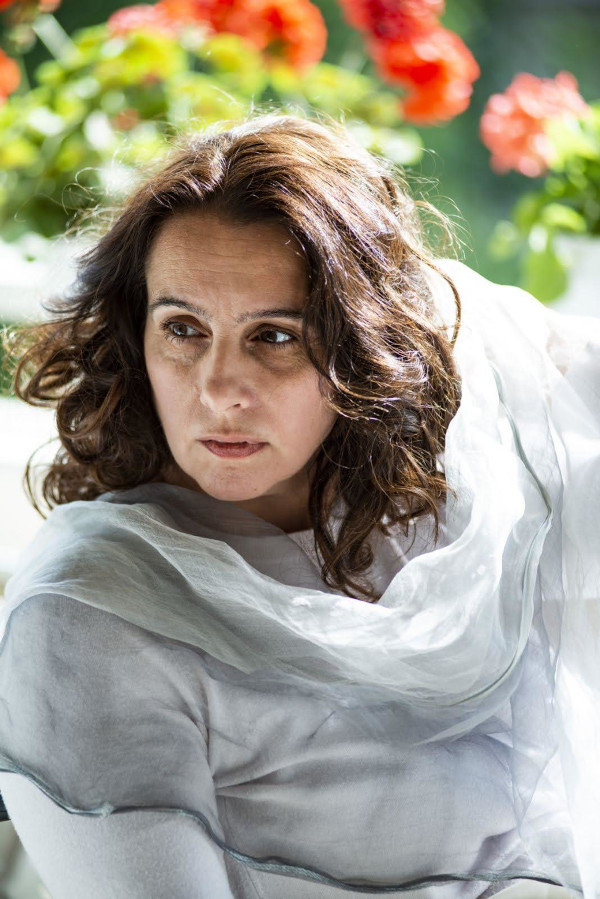
Kindness and softness are, in my opinion, top-notch traits – but they are suppressed among people by fear of being seen as a weakness because if you are weak, you cannot survive in the world of stern, rough, and forceful people. The women’s strength to fight for ourselves in the world of weak who created their power by nullifying true, authentic power – that is the symbolism of March 8, for me. That day represents the strongest force of the gentlest, mindful, courageous, capable, equal beings – women. I believe in equality, but I don’t often see it; I believe in justice, but I don’t feel it often; I believe in the truth that says we are all equal, but it often escapes real-life, mundane situations. Being a woman, a woman with a disability, a parent, a spouse, in the environment in which we live – is a difficult and demanding mission. Always on the job, no relaxation. The feeling that everything has to be earned and deserved is devastating. March 8 is a refuge for me. It is a day when I am particularly aware that all fights for equality are worth, all the written stories of our foremothers, life and experience of my great grandmothers, grandmothers, mother. I know we have to empower each other; to protect the right to choose the life we want to live.
Intersection and Inclusivity or Nothing
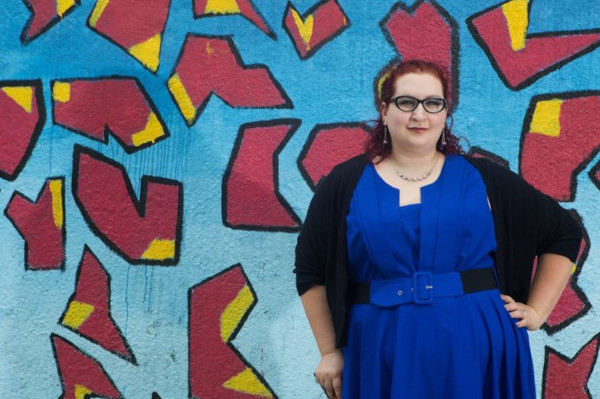
To me, International Women’s Day serves as a spark to a flame of justice, a reminder that we are not yet done, or even close, in doing the work of gender equity. That women around the world are treated differently, have fewer opportunities, different access to care, experience misogyny and misogynoir and transmisogyny, and that we all must come together for change. I think drawing attention to the inequity around gender (although not just around cisgender men and cisgender women, but across ALL genders) is incredibly important. However, I think that sometimes we relegate it to a single day (or even a month, like with Black History Month) and then forget about it the rest of the year. I hope, instead, that we can take this day as a starting point to recognize all of the work that needs to be done towards equity and justice for all genders, and to keep our passion for this work ignited all year long. I think that true feminism is intersectional, and takes into account disability, race, sexual orientation, age, class, and a variety of other characteristics. However, oftentimes, the women’s rights movement has been co-opted by white, cisgender, middle or upper class non-disabled white women, which leaves out a lot of different groups. As the famous disability justice saying goes, nothing about us without us; if the women’s movement is not intentionally inclusive and centering on the experiences of marginalized women, including women with disabilities, it is nothing.
The Right to a Dignified Life
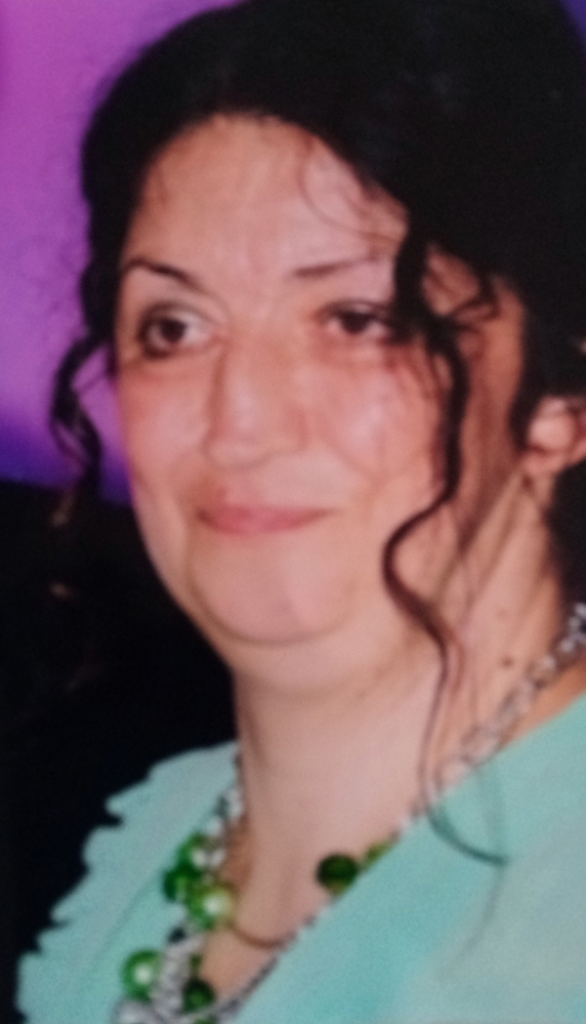
In many cases, women today do not attach importance to this day. Like everything else in life, there are two sides to this. On the one hand, we women live life whole year-round, and every day is significant and important. Up to the point when a comprehensive division of work in the house, workplace, society is not equal, women will need to fight for equality. Until abuse, neglect, discrimination, inequality exists, there will be a need and a place for women, women with disabilities especially, to fight for dignity, for the right to a dignified living fulfilled with all bits and pieces, nice and ugly, making life worth living. As a sign of that struggle, March 8 should be significant to each woman, bearing in mind that a woman has its inviolable value each day and that her fight and life are material each moment. I am talking about all women, only for a moment emphasizing women with disabilities because their position is more endangered because of the existing barriers they are facing that are disabling them to fulfill their rights guaranteed by the Constitution. It is a global achievement that persons with disabilities, including women with disabilities, are more visible in society, but it is not essential. We need to work more on removing obstacles and hidden issues like abuse, discrimination, and prejudice at all levels. Dignity matters, doesn’t it?
When all Women Speak in one Voice
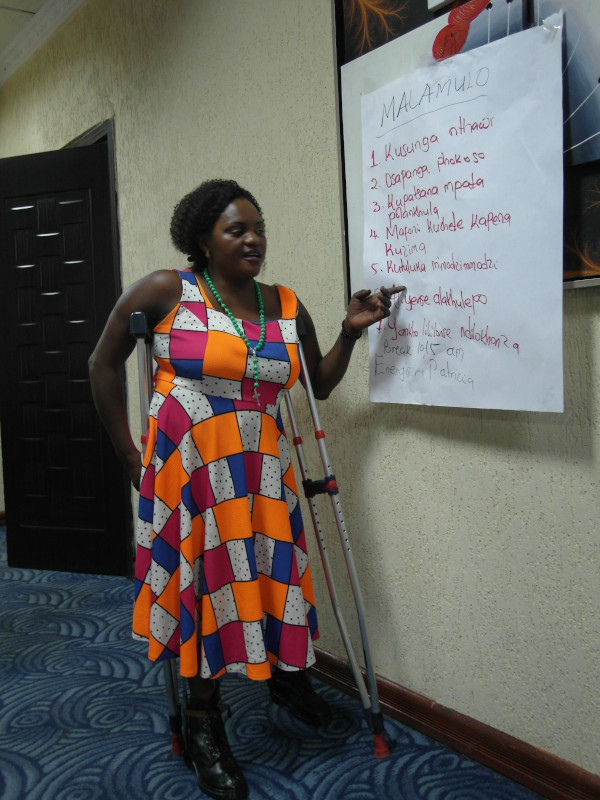
International Women’s Day is the day when women all over the world meet, discuss and do activities. In some countries, women come together, advocate for their rights, even hold international prayers. At times I feel it’s unimportant because they are the same issues discussed and no follow-up mechanism on the action plans is done. I consider it important because a diverse group of women comes up together and speaks one language for the betterment of every woman globally. As women with disabilities, we mobilize each other together with other women; we have an advocacy platform to fight violence against women. To someone from another planet, I would explain that it’s a special day designated for women to speak in one voice for the betterment of women globally. The presence, visibility, and contribution of women with disabilities within the women’s rights movement are minimal due to discrimination and lack of reasonable accommodation for cross disabilities. Their issues are usually not taken on board.
Srbija, first in the EU, founded the organization for the protection of rights of women with disabilities survivors of violence.
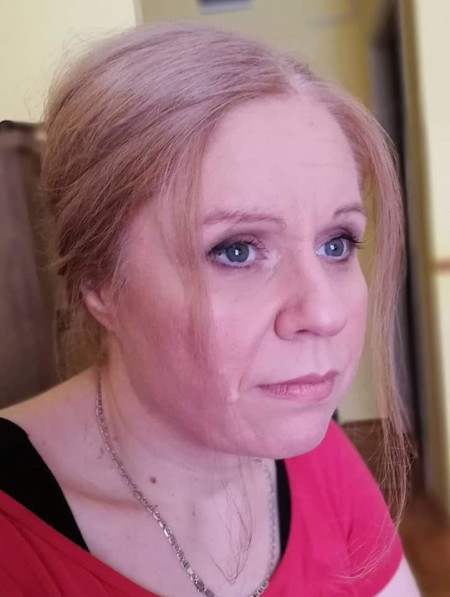
Thinking about the visibility of women with disabilities within the women’s rights movement, I would like to remind you that Serbia was the first country in Europe to found an organization for protecting the rights of women with disabilities survivors of violence and discrimination. It was the first to have SOS lines and free legal and psychological aid for women with disabilities and mothers of children with disabilities survivors of violence. The initiative was made by feminists who noticed that they do not have women with disabilities in their ranks. Among the founders of the first organization, named …IZ KRUGA BEOGRAD, established in 1997. were women with and without disabilities. The first president was Lepojka Carevic – Mitanovski, a legal counselor and a woman with a disability who, until her death, actively participated in writing and passing the laws and strategies for the betterment of the position of women with disabilities in society. I joined the organization in 2000. Women with and without disabilities were the activists believing in the joint mission. There were Roma women among us, women with different sexual orientations than heterosexuals – all of us dissimilar but supportive and solidary among the group. You could call it – a pocket-size feminist movement. We talked about it over and over again, we are saying it today too: what is accessibility, personal assistance, social model of disability, what are architectural and other barriers, why is all of these significant for our education, employment, independence, equality, and freedom. We keep reminding everyone why we need female solidarity to achieve our rights, not only in the society we live in but within the movement too. It’s no easy task; sometimes, I have a feeling that we don’t hear each other amply, and we do not have enough understanding for the needs and emotions of the other, but we don’t give up, and that is important. I would say we thrived in the process of mutual learning and teaching, getting to know each other, and solidarity. We are more visible, louder, but female work never ends. It is still a long way ahead of us, but we surely keep going, in the tracks built by the feminists with disabilities before us and widening them for those coming after us.
Under the Light of COVID – 19
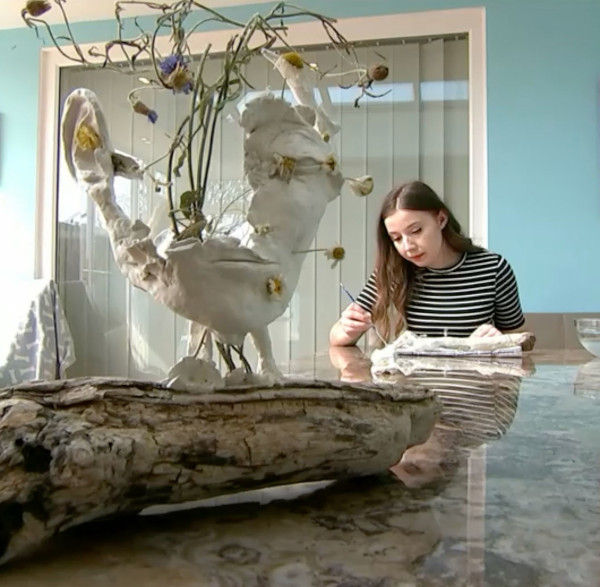
Inclusivity needs to be at the center of International Women’s Day – inclusivity for all who identify as women; and visibility for the specific challenges faced by different women. Women with disabilities are twice as likely to experience domestic violence.From the perspective of a person living with bipolar disorder, representations of bipolarity continue to rely on damaging stereotypes of women as violent and dangerous, even though studies repeatedly show that those living with bipolar disorder are more likely to be the victims of violence and abuse than perpetrators. Rates of domestic violence have increased significantly during lockdown periods. Moreover, the pandemic has shown that it is possible, after lifetimes of excuses, to make adjustments and create accessibility for remote working – but there are fears that excuses will be returned to, and people with disabilities will be left excluded again. Visibility is needed for the impact of coronavirus on disabled women, both in terms of the impact of the pandemic, and the challenges that will come with moving out of it. Campaigns have achieved the recent inclusion of a number of disabilities in priority groups for vaccines, including learning disabilities and severe mental illnesses, but we also need to push for inquiries into the number of deaths of those with disabilities, to push for accessibility, and to make sure the experiences of disabled women are heard.
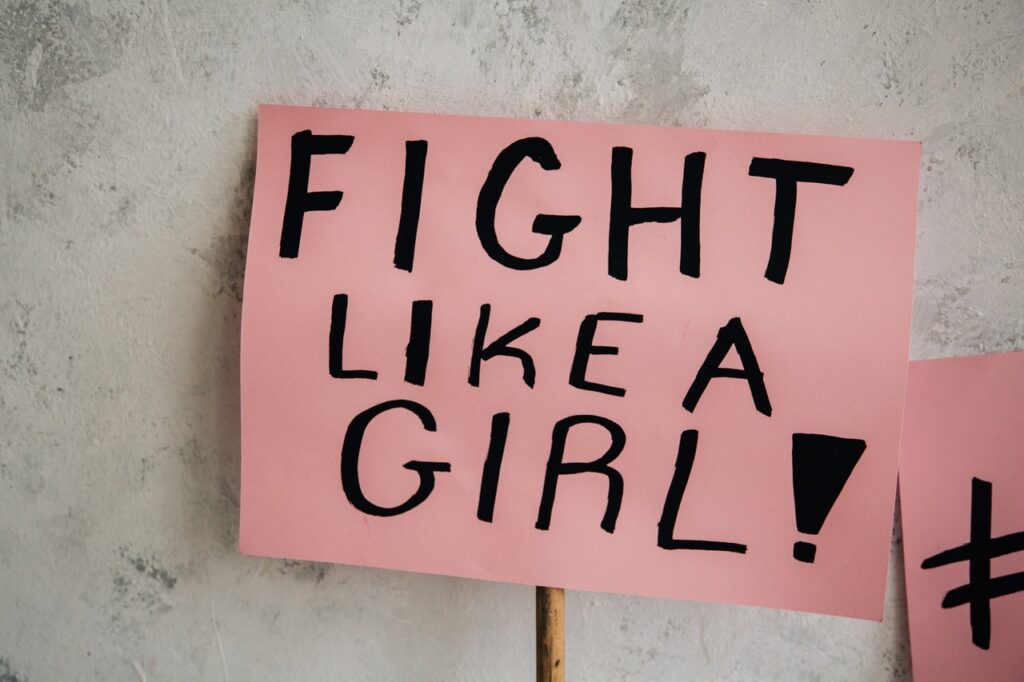
Translated by: Suzana Belos
